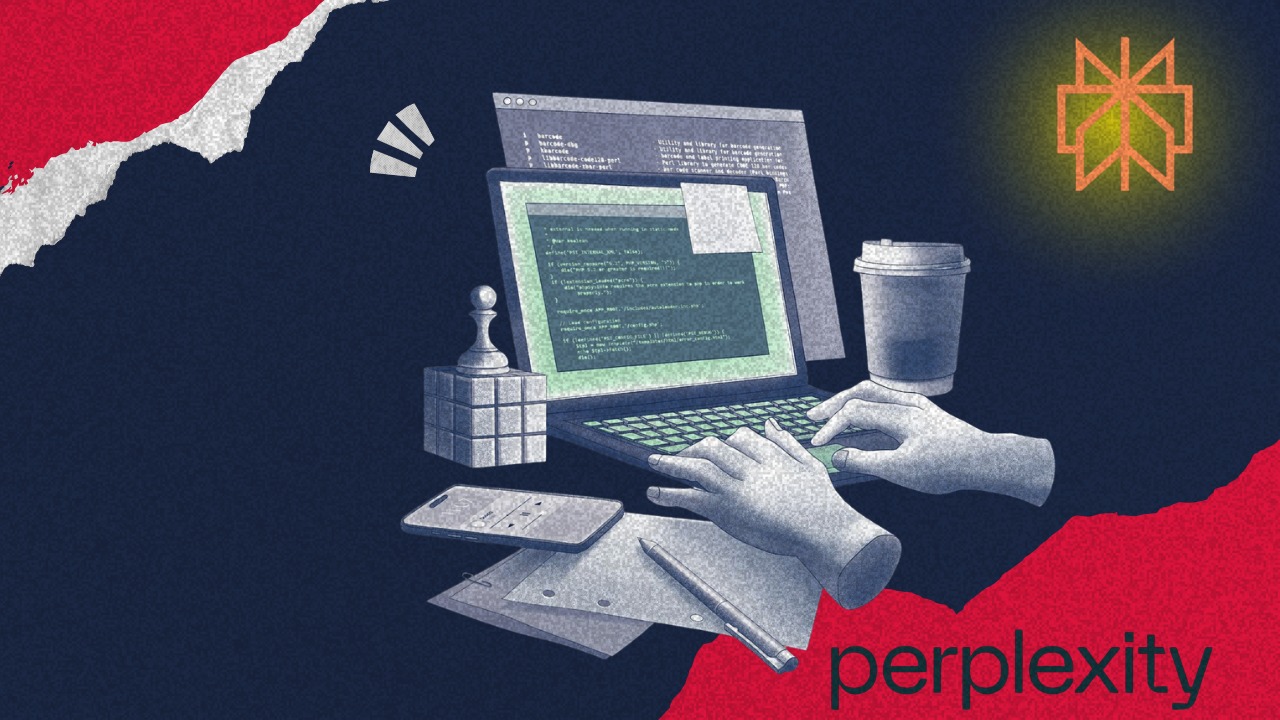
Welcome, Humans!
Ready for your daily dose of AI chaos? I’ve rounded up Today’s Top AI Headlines for those who like to stay ahead – and for the curious, I’ve got some eyebrow-raising stories Beyond the Headlines. Let’s dive in.
In a Nutshell:
Google drops $0.039 pro-level image AI editor
Translate now teaches you like Duolingo
Alibaba’s avatars want their big screen moment
AI hits Gen Z jobs, Stanford finds
Dogecoin spin-off leaks... the whole country
🚀Today’s Top AI Headlines:

Google Launches Gemini 2.5 Flash Image: Google has officially unveiled Gemini 2.5 Flash Image, codenamed “nano-banana,” a next-generation AI model for advanced image editing. The system topped industry benchmarks for character consistency and multimodal editing, an area where many competing models often struggle. With support for layered edits, style blending, image fusion, and real-world reasoning, the tool allows creators to push well beyond basic touch-ups. Gemini 2.5 Flash Image is designed for professionals and hobbyists alike, offering cinematic-level editing for a fraction of traditional costs. Each image edit is priced at just 0.039, making it one of the most affordable options in high-quality AI editing. The model’s ability to maintain subject integrity across multiple edits while incorporating complex stylistic prompts sets it apart from earlier AI editors that often distort or degrade details. Google sees this launch as a step toward mainstreaming AI-driven media tools. By positioning Flash Image as both powerful and affordable, the company aims to attract a wide base of users while reinforcing its competitive edge over rivals like Midjourney and OpenAI’s DALL·E. Analysts suggest the release strengthens Google’s case as a leader in multimodal AI, especially in creative workflows.
Source: Tech Crunch🤖 Robi: “Finally, banana gets its moment in tech and it’s not just in scale comparisons.”
Google Translate Expands with Language Learning Tools: Google is transforming Google Translate into a more robust learning platform with new AI-powered features aimed at competing with Duolingo. The flagship addition is a “Practice” mode that creates personalized listening and speaking exercises tailored to a learner’s skill level and objectives. These exercises come with instant feedback and progress tracking, turning Translate into an interactive tutor rather than a passive translation tool. Additionally, Google has revamped its live translation feature, now supporting real-time conversations across 70+ languages. This makes it easier for users to practice in real-world scenarios, from casual conversations to business meetings. The beta rollout begins this week on Android and iOS, starting with English, Spanish, French, and Portuguese, with more languages to follow. Industry experts see this move as a clear attempt to broaden Translate’s role from a utility into a full-fledged educational tool. By blending real-time translation with personalized practice, Google is positioning Translate to serve both travelers and long-term learners. With Duolingo continuing to expand its AI-first strategy, the competition between the two platforms could reshape the future of AI-driven language education.
Source: Google🤖 Robi: “Duolingo’s owl just blinked nervously in 14 languages.”
Alibaba Updates Wan 2.2 Video AI Model: Alibaba has released an update to its video AI system Wan 2.2, introducing cinematic avatars that elevate the company’s media offerings. Users can now upload portrait photos and transform them into film-quality avatars capable of speaking, singing, or performing scripted actions. The avatars are designed with realistic motion and lip-syncing capabilities, making them suitable for entertainment, advertising, and interactive media. The update is part of Alibaba’s accelerated push into AI-powered media, particularly through its entertainment platforms like Youku. By offering higher-quality visuals and advanced avatar capabilities, Alibaba aims to keep pace with both domestic competitors like Baidu and international rivals like OpenAI’s Sora. Analysts note that the release reflects Alibaba’s broader strategy of enhancing user engagement with immersive digital experiences, blending e-commerce with entertainment. For creators and businesses, Wan 2.2 represents a new way to scale content production with cinematic quality at a lower cost. As demand for generative video grows, Alibaba is positioning itself as a strong contender in the race to dominate AI-driven entertainment.
Source: MSN
🤖 Robi: “If your avatar out-acts you, does it get your screen time too?”
🔍Beyond the Headlines:
Stanford Study Finds AI Job Loss Among Young Workers: A Stanford University study revealed that AI adoption has led to a 13% decline in employment among young professionals aged 22–25 in AI-exposed fields like software development and support since late 2022. The research highlights that while younger workers reliant on codified knowledge were hit hardest, older, experience-based roles have remained more resilient. Analysts warn this trend could reshape entry-level opportunities in tech and customer support, fueling debates about AI’s role in widening generational inequality.
Source: Wired🤖 Robi: “Turns out "junior developer" is now just a career aspiration.’’
Dogecoin Clone Accused of Data Leak: A lesser-known Dogecoin fork has been accused of leaking the entire U.S. Social Security database onto an unsecured cloud server, sparking outrage among privacy advocates. The alleged breach has reignited calls for stricter AI and blockchain regulation, as the overlap between cryptocurrency projects and AI-driven automation raises new risks. Officials are investigating the scope of the leak, while critics argue this incident underscores the vulnerability of sensitive data in loosely regulated digital ecosystems
Source: The Hill🤖 Robi: “When your meme coin accidentally becomes a national security risk.”
🤖Prompt of the Day:
Customer Support Training Framework
Prompt: You are a training consultant specializing in customer support excellence. Your task is to design a support training framework for a [business type or niche] with teams handling [product or service] for [target audience].
Your framework should include: (1) mapping essential skills and knowledge areas, (2) onboarding modules for new hires, (3) roleplay and scenario-based practice, (4) integration of AI-assisted tools, (5) continuous learning and certification, and (6) evaluation metrics like resolution time, customer satisfaction, and escalation rates.
🤖AI Tools You Didn’t Know You Needed:
Problem: Conducting in-depth research, analyzing large datasets, or summarizing complex documents manually is time-consuming and prone to errors.
AI Solution: AI-powered research assistants automate information extraction, summarization, and analysis, providing accurate insights faster.
AI Tool: Substrata.me is an AI-driven platform that helps users efficiently research, summarize, and analyze large volumes of content, including documents, reports, and online data.
Helpful Features
Automated Summarization: Condense long texts into key insights.
Content Analysis: Identify trends, patterns, and relevance.
Data Integration: Work with multiple sources seamlessly.
Time-Saving: Reduces manual research workload.

⚡ Robi’s Hot Take on X






